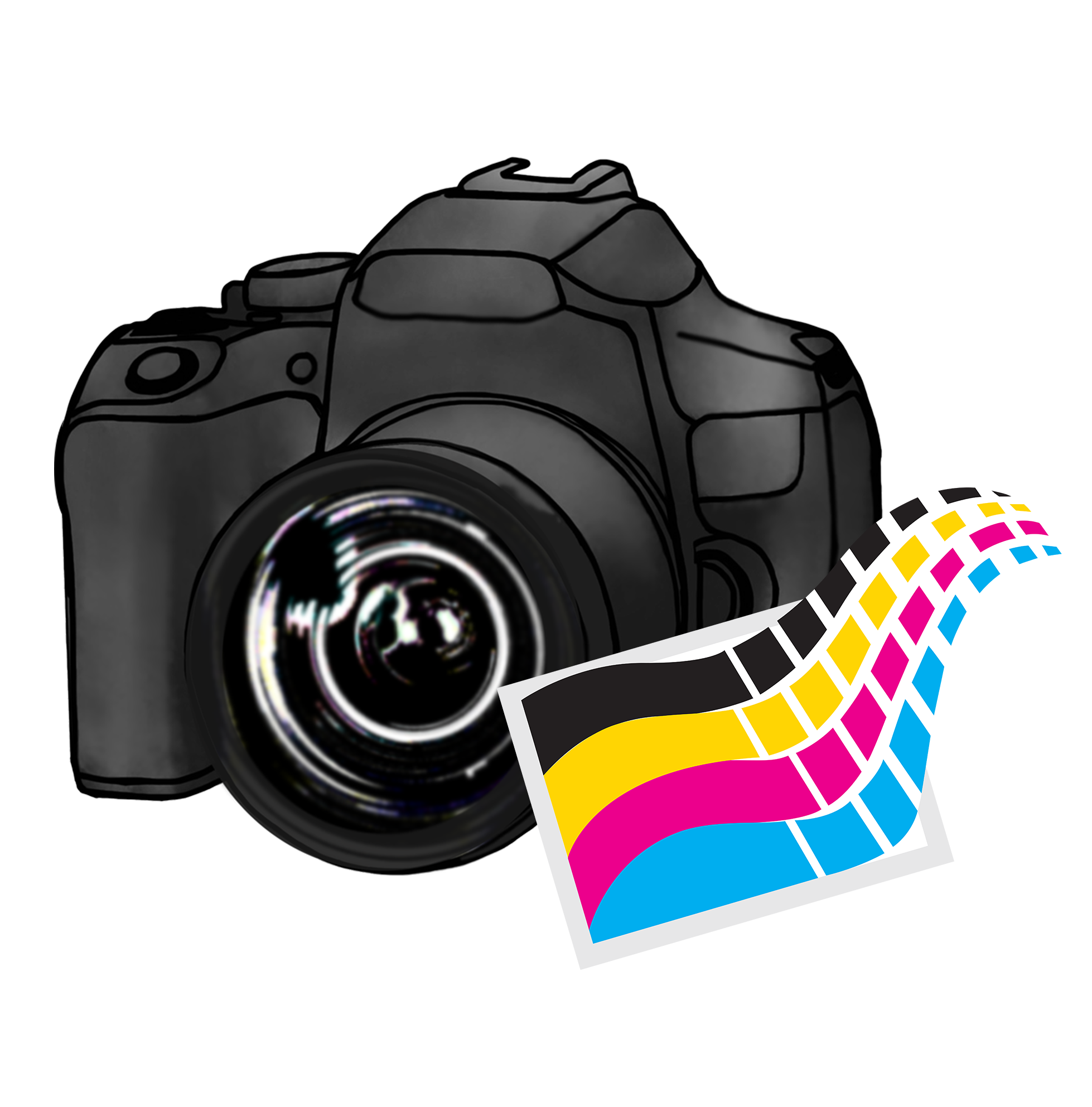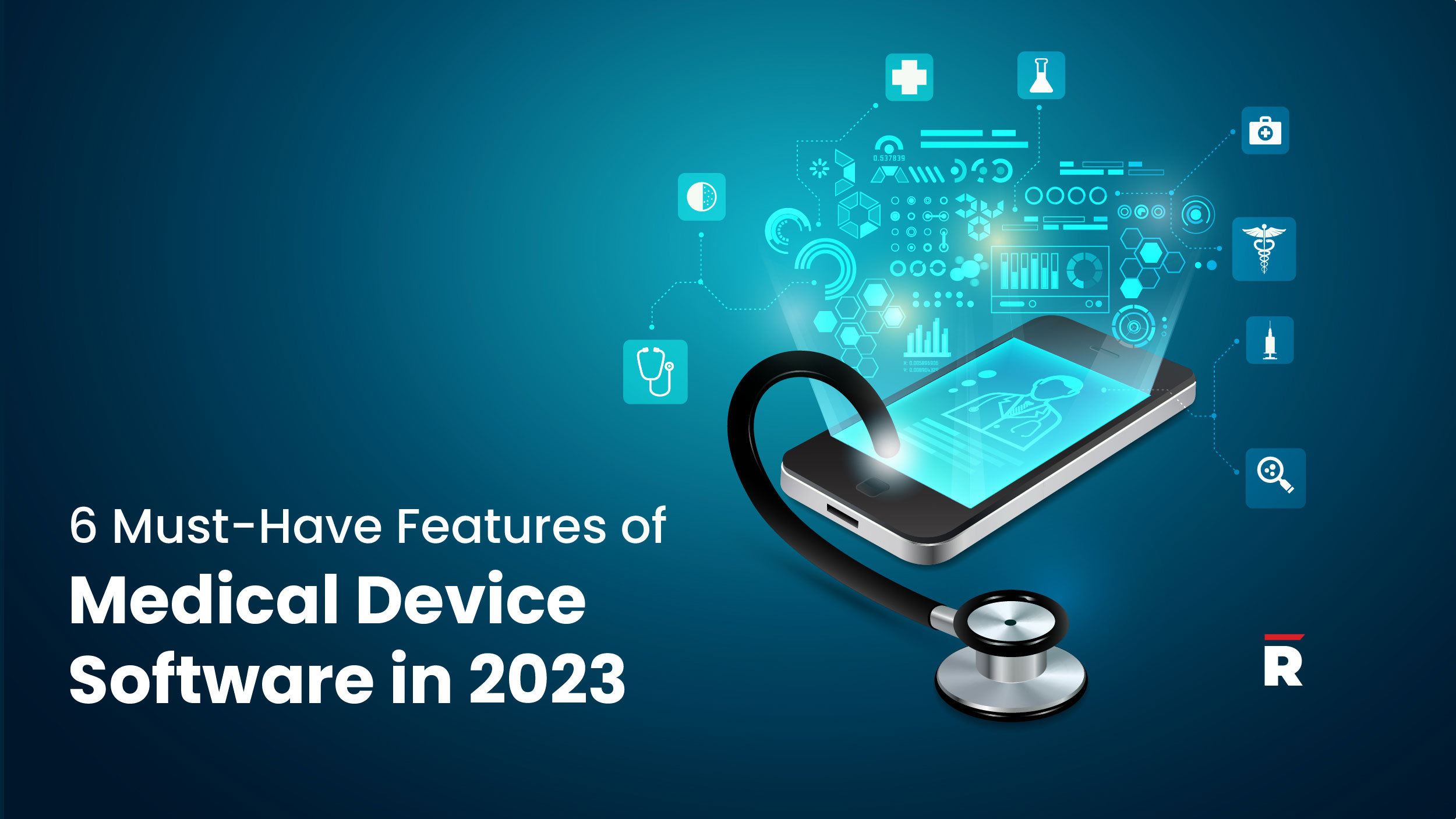Hey there tech enthusiasts! If you're diving into the world of modern connectivity, you're about to discover something incredible. RemoteIoT device software is not just a buzzword; it's the next big thing in technology that's transforming how we interact with devices across vast distances. Imagine controlling your smart home appliances from the other side of the globe or monitoring industrial equipment in real-time without being physically present. Sounds futuristic, right? But guess what—it's already here, and it's revolutionizing industries as we speak.
This software isn't just about convenience; it's about efficiency, reliability, and innovation. Whether you're an entrepreneur looking to streamline operations or a tech-savvy individual wanting to enhance your daily life, understanding remote IoT device software can open doors to endless possibilities. So buckle up, because we're about to take a deep dive into this game-changing technology!
Now, before we get into the nitty-gritty details, let's establish why this matters. In today's fast-paced world, connectivity is key. Businesses are leveraging remote IoT solutions to save costs, improve productivity, and stay competitive. And if you're wondering how it all works, don't worry—we've got you covered. This article will break it down step by step, making sure you're equipped with all the knowledge you need to harness its potential.
- Tim Walz Weight The Inside Scoop On Minnesotas Governor And His Fitness Journey
- Mike Tyson Boxing Stats The Unstoppable Force In The Ring
What Exactly is RemoteIoT Device Software?
Alright, let's kick things off with the basics. Simply put, remote IoT device software refers to the programs and applications designed to manage, monitor, and control Internet of Things (IoT) devices from afar. Think of it as the brain behind the operation, enabling seamless communication between devices regardless of their physical location. This software acts as the bridge that connects your hardware to the cloud, allowing you to access and manipulate data effortlessly.
But why does it matter so much? Well, imagine being able to adjust the temperature of your smart thermostat while you're on vacation or remotely troubleshooting a manufacturing machine that's halfway around the world. These scenarios might seem like science fiction, but they're becoming everyday realities thanks to advancements in remote IoT technology.
How Does It Work?
Now that we've defined what remote IoT device software is, let's explore how it actually works. At its core, this software relies on a combination of sensors, networks, and data analytics to function effectively. Here's a quick breakdown:
- Gatorade Different Types Exploring The Hydration Powerhouse
- How Long Can Saiyans Live Unlocking The Secrets Of Saiyan Longevity
- Sensors: These tiny components collect data from the environment and send it to the central system for processing.
- Networks: Whether it's Wi-Fi, Bluetooth, or cellular networks, connectivity is crucial for transmitting data between devices.
- Data Analytics: Once the data is collected, advanced algorithms analyze it to provide actionable insights and enable automated decision-making.
By integrating these elements, remote IoT device software creates a robust ecosystem where devices can communicate and collaborate seamlessly. It's like giving your gadgets a voice and a brain, allowing them to operate independently while still being under your control.
Benefits of Using RemoteIoT Device Software
So, why should you care about remote IoT device software? Let's face it—technology is only worth investing in if it brings tangible benefits. And let me tell you, this stuff delivers in spades. Here are some of the top advantages:
Increased Efficiency
One of the most significant perks of using remote IoT device software is the boost in operational efficiency. By automating routine tasks and enabling real-time monitoring, businesses can reduce downtime and optimize resource allocation. For instance, a factory equipped with smart sensors can detect equipment malfunctions before they escalate, saving both time and money.
Cost Savings
Let's talk numbers. Implementing remote IoT solutions can lead to substantial cost reductions. Think about it—instead of sending technicians to remote locations for maintenance, you can diagnose and fix issues remotely. Plus, predictive maintenance capabilities help prevent costly repairs down the line.
Enhanced Security
Security is always a top concern when it comes to connected devices. Fortunately, modern remote IoT device software comes packed with robust security features to protect your data. From encryption protocols to authentication mechanisms, these tools ensure that your information remains safe and secure.
Applications Across Industries
Now that we've covered the benefits, let's explore where remote IoT device software is making waves. The truth is, this technology isn't limited to any one sector—it's being adopted across a wide range of industries. Here are a few examples:
Smart Homes
Who doesn't want a house that does all the work for you? With remote IoT device software, homeowners can control lighting, heating, security systems, and more from their smartphones. It's like having a personal assistant who never takes a day off.
Healthcare
In the medical field, remote IoT devices are transforming patient care. Wearable health monitors can track vital signs and alert doctors to potential issues in real-time. This not only improves patient outcomes but also reduces hospital readmissions.
Manufacturing
Factories are embracing remote IoT solutions to enhance productivity and reduce waste. By collecting data on machine performance and energy usage, manufacturers can identify inefficiencies and implement targeted improvements.
Challenges and Considerations
While remote IoT device software offers countless benefits, it's not without its challenges. Here are a few things to keep in mind:
Data Privacy
As with any connected technology, data privacy is a major concern. Ensuring that sensitive information is protected requires robust security measures and compliance with regulations like GDPR.
Interoperability
Getting different devices and systems to work together can be tricky. Standardizing protocols and ensuring compatibility between various platforms is essential for creating a cohesive ecosystem.
Scalability
As your needs grow, so should your remote IoT device software. Choosing a solution that can scale with your business is crucial for long-term success.
Top RemoteIoT Device Software Solutions
So, which remote IoT device software should you choose? With so many options on the market, it can be overwhelming to decide. Here are some of the top contenders:
1. AWS IoT
AWS IoT offers a comprehensive platform for building, deploying, and managing IoT applications. With features like device management, data analytics, and machine learning, it's a powerful tool for enterprises of all sizes.
2. Microsoft Azure IoT
Microsoft Azure IoT provides a flexible and scalable solution for connecting and managing IoT devices. Its integration with other Microsoft services makes it a popular choice for businesses already using the Microsoft ecosystem.
3. Google Cloud IoT
Google Cloud IoT combines cutting-edge analytics with machine learning capabilities to deliver insights that drive innovation. Its user-friendly interface and robust security features make it a top pick for many organizations.
Implementing RemoteIoT Device Software
Ready to take the plunge? Implementing remote IoT device software doesn't have to be a daunting task. Here's a step-by-step guide to help you get started:
Step 1: Define Your Goals
Before diving in, it's important to clearly outline what you hope to achieve. Are you looking to improve efficiency, enhance security, or gather data? Knowing your objectives will help you choose the right solution.
Step 2: Assess Your Infrastructure
Take stock of your existing systems and devices. Determine what can be integrated and what needs to be upgraded or replaced. This will give you a clearer picture of the resources required for implementation.
Step 3: Choose the Right Solution
With so many options available, selecting the best remote IoT device software for your needs can be challenging. Consider factors like scalability, security, and ease of use when making your decision.
Future Trends in RemoteIoT Device Software
What does the future hold for remote IoT device software? As technology continues to evolve, we can expect even more exciting developments. Here are a few trends to watch:
Artificial Intelligence Integration
AI is set to play a major role in the evolution of remote IoT device software. By leveraging machine learning algorithms, these systems will become smarter and more autonomous, capable of making decisions without human intervention.
5G Connectivity
The rollout of 5G networks promises faster speeds and lower latency, paving the way for more advanced remote IoT applications. This will enable real-time communication and data transfer on an unprecedented scale.
Edge Computing
Edge computing is gaining traction as a way to process data closer to the source, reducing reliance on centralized cloud systems. This approach offers improved performance and reduced bandwidth usage, making it ideal for remote IoT deployments.
Conclusion
And there you have it—a comprehensive look at remote IoT device software and its transformative potential. From enhancing efficiency and reducing costs to driving innovation and improving security, the benefits of this technology are undeniable. As industries continue to embrace remote IoT solutions, the possibilities are truly endless.
So, what's next? If you're inspired to explore this exciting field further, don't hesitate to dive in. Whether you're a business owner looking to upgrade your operations or a tech enthusiast eager to learn more, the world of remote IoT device software is waiting for you. Share your thoughts in the comments below, and be sure to check out our other articles for more insights into the latest tech trends.
Table of Contents
- Joey Morgan The Rising Star You Need To Know
- Burlington Iowa The Hidden Gem Youve Been Missing Out On


